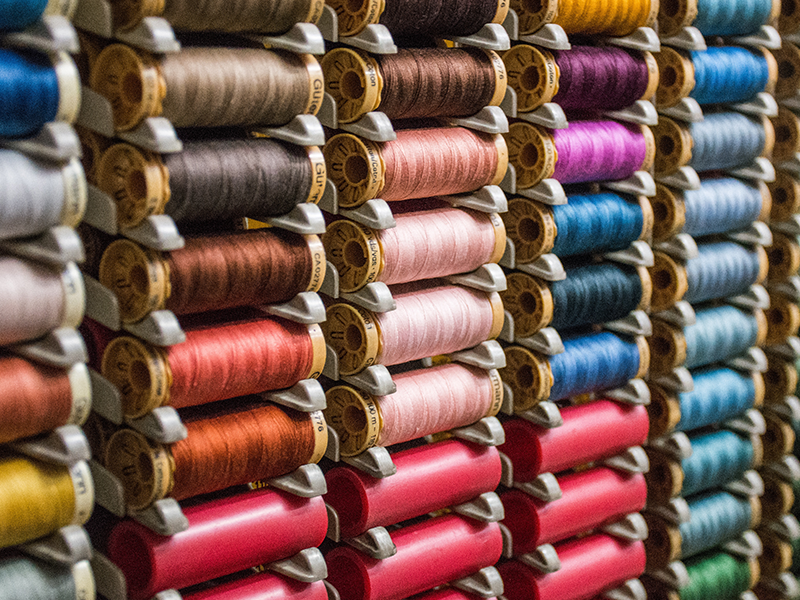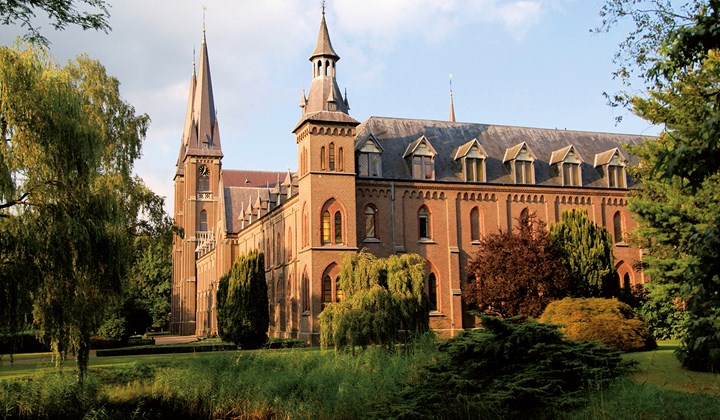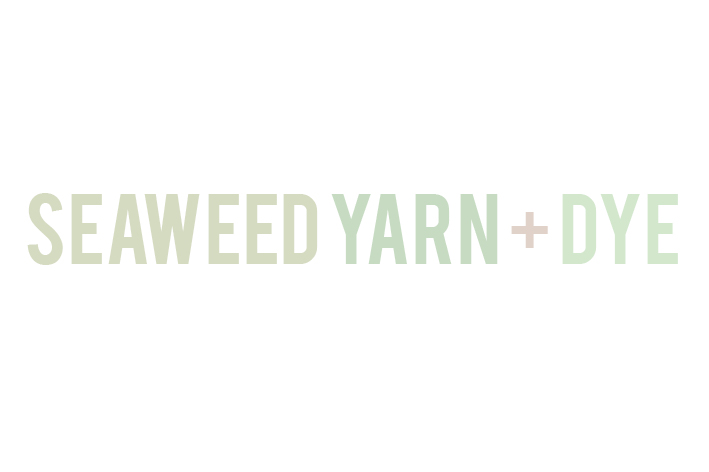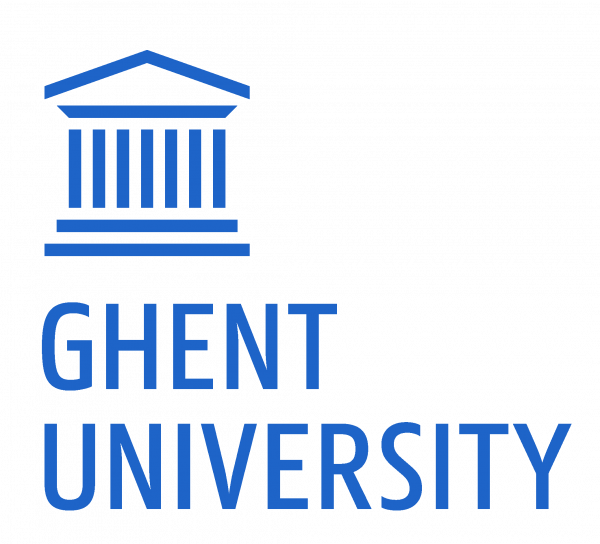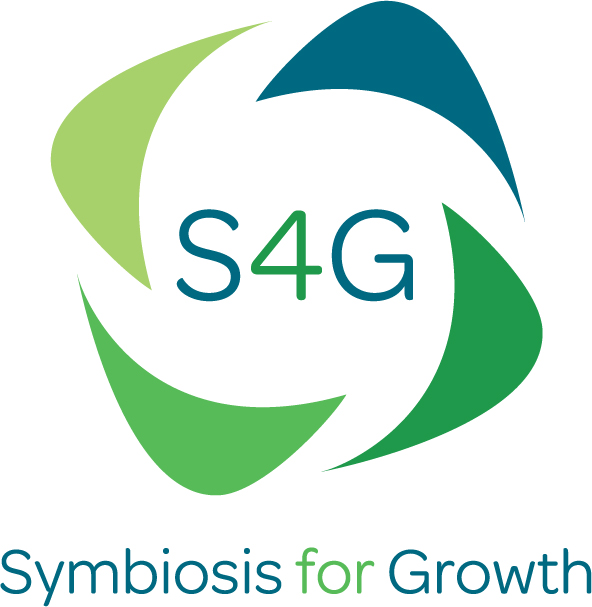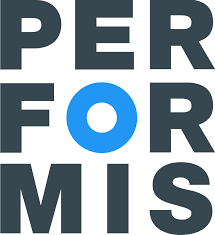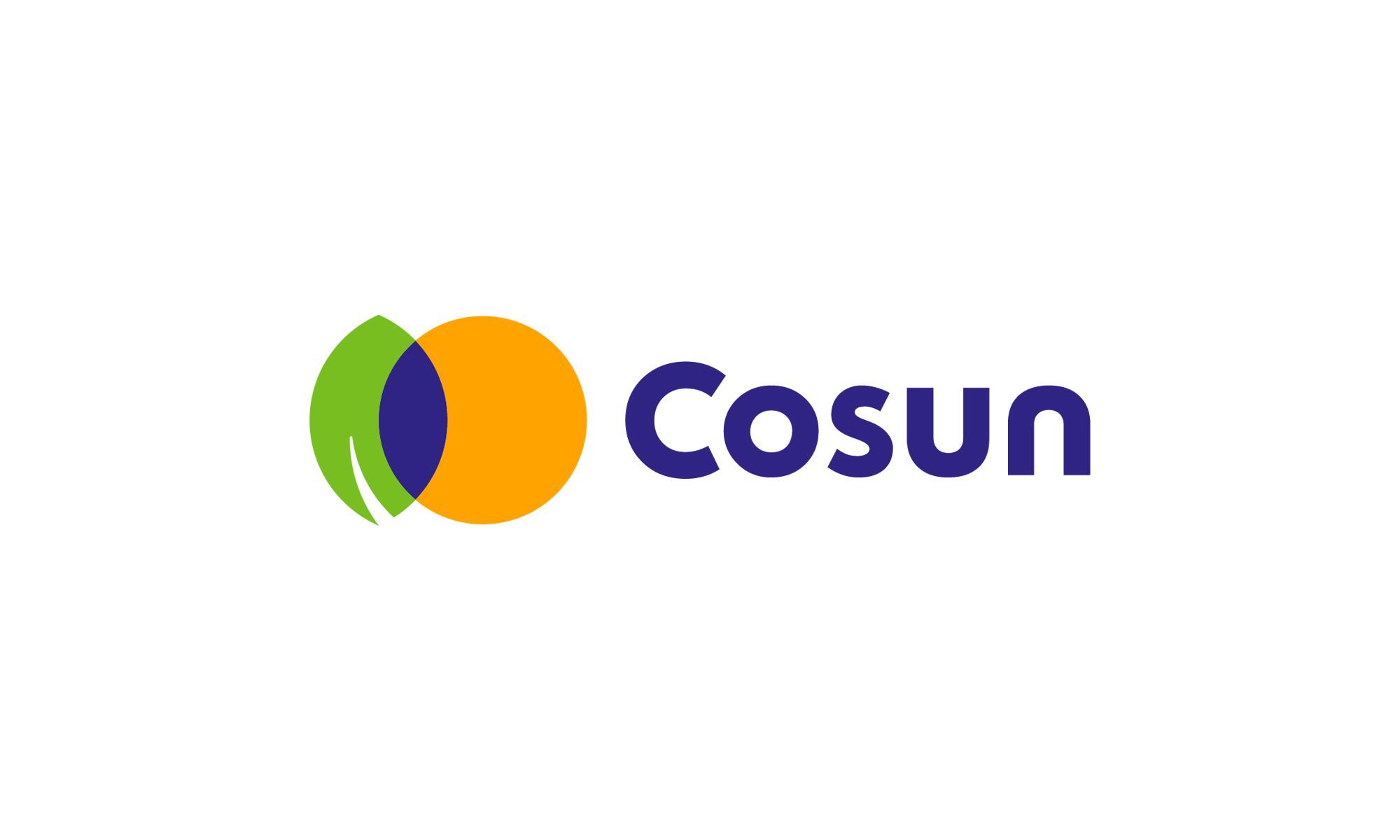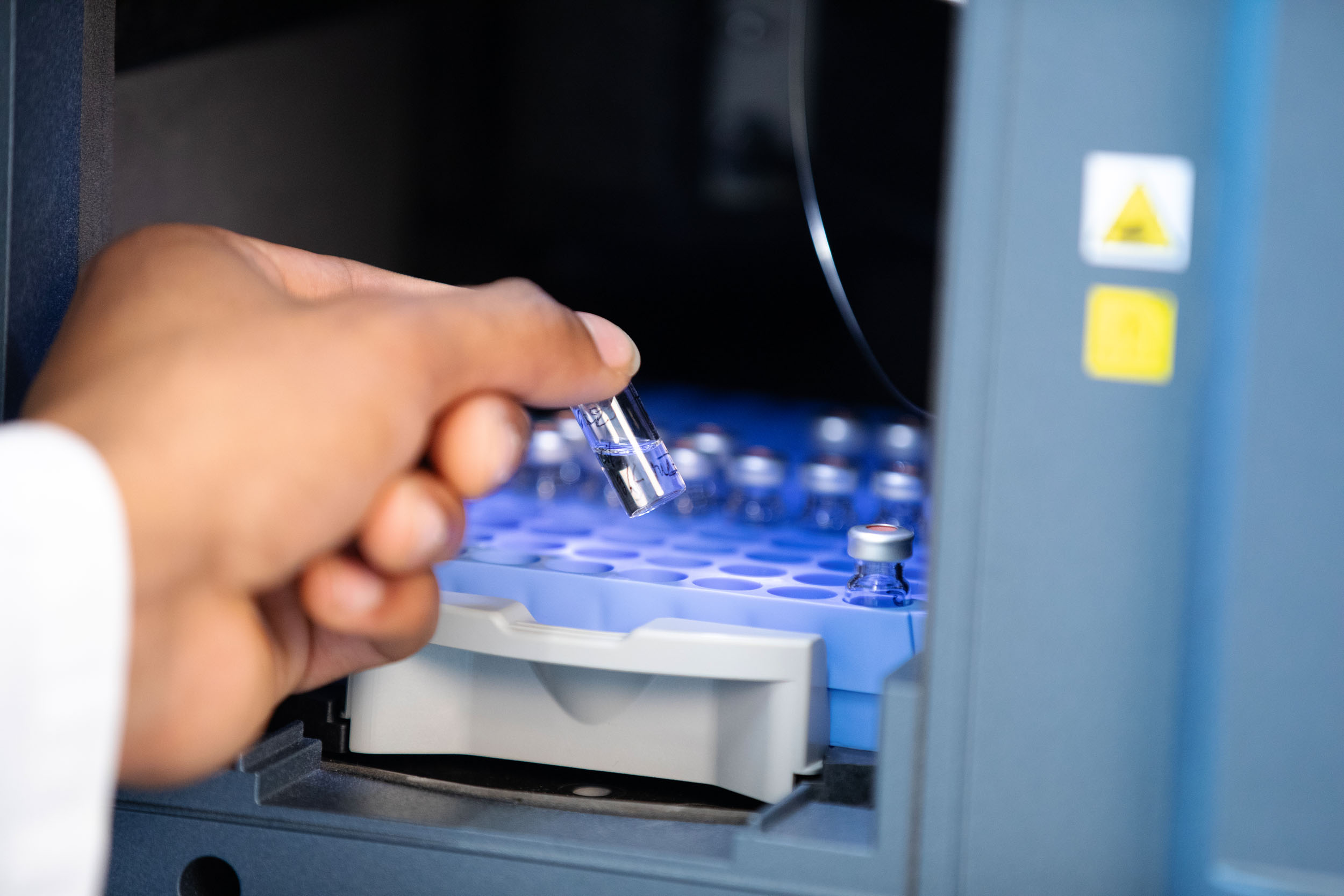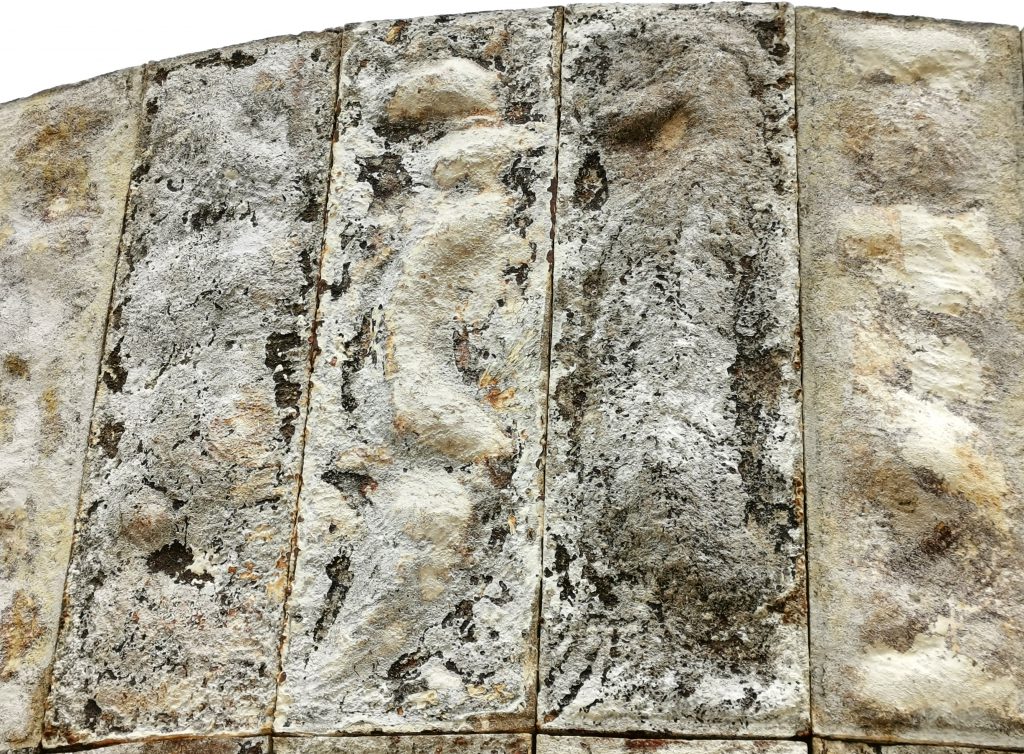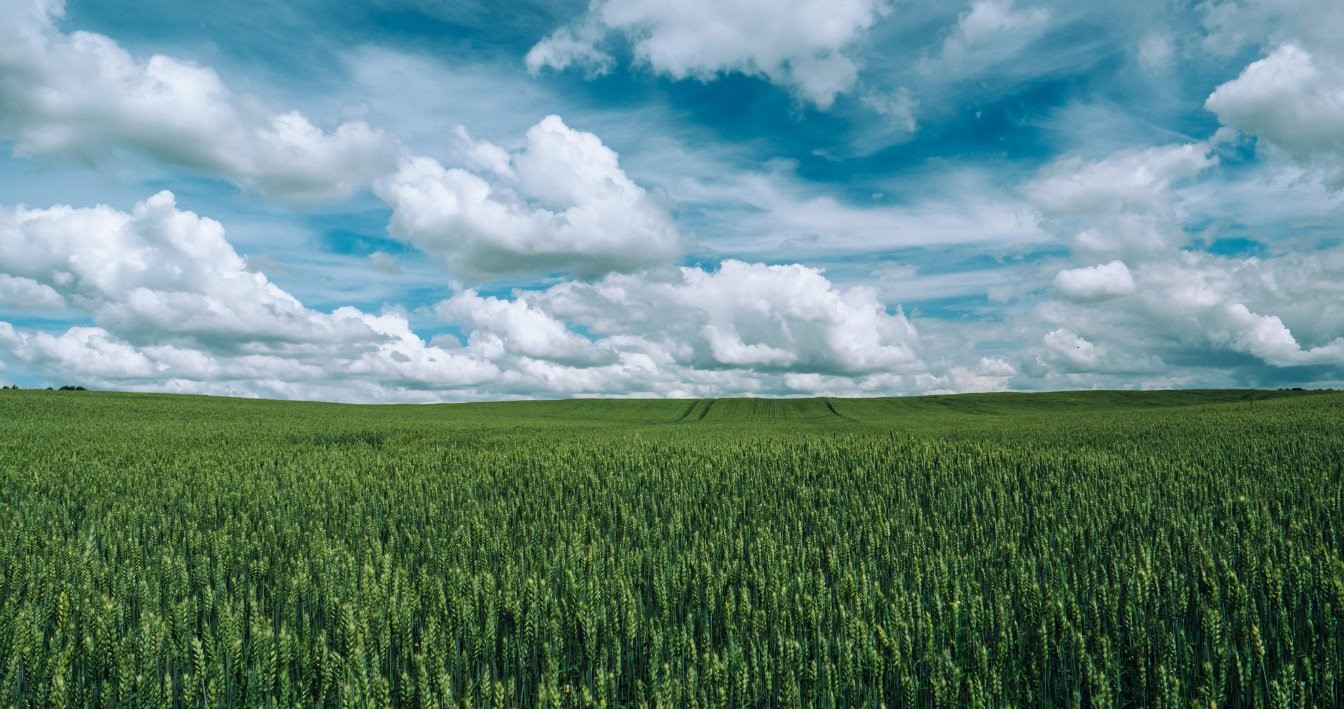‘Pure Nature: 100% Biobased’ wants to offer sustainable, non-toxic, biodegradable alternatives based on renewable raw materials. Centexbel (Belgian technical and scientific center for the textile industry), the Avans Foundation and the leading Flemish textile company De Saedeleir Textile Platform, among others, are joining forces for this purpose. The project results in the development of biobased plasticizers, fire retardants, dyes, stabilizers, adhesives and nucleating agents. For example, color intensity and stability are the most important quality characteristics for textiles. Biobased dyes are still commercially available only to a limited extent and they often do not meet the set quality criteria, such as lightfastness.
HZ University of Applied Sciences focuses in the project on natural dyes from marine organisms such as algae. Avans focuses on agricultural crops including sorghum and onion peelings. The additives developed undergo laboratory tests in which various combinations are applied via compounding (mixing in the molten state), extrusion (spinning into fibers in the molten state), coating, finishing and dyeing.
After analysis of the obtained compounds and textile fibers, it is determined which chemical technology is most suitable for fully (100%) biobased textile products. In addition, these processes are being investigated on a pilot scale and various companies will continue to develop tufted carpet, clothing, bedding and non-woven carpet backing. The biobased additives, fibers and applications are also examined for the environmental impact in the various development stages by means of a life cycle analysis (LCA).
Financing
The Project Pure Nature: 100% Biobased is financed within the Interreg V program Flanders-Netherlands, the cross-border cooperation program with financial support from the European Regional Development Fund. More info: www.grensregio.eu.
20180101 until 20211231




